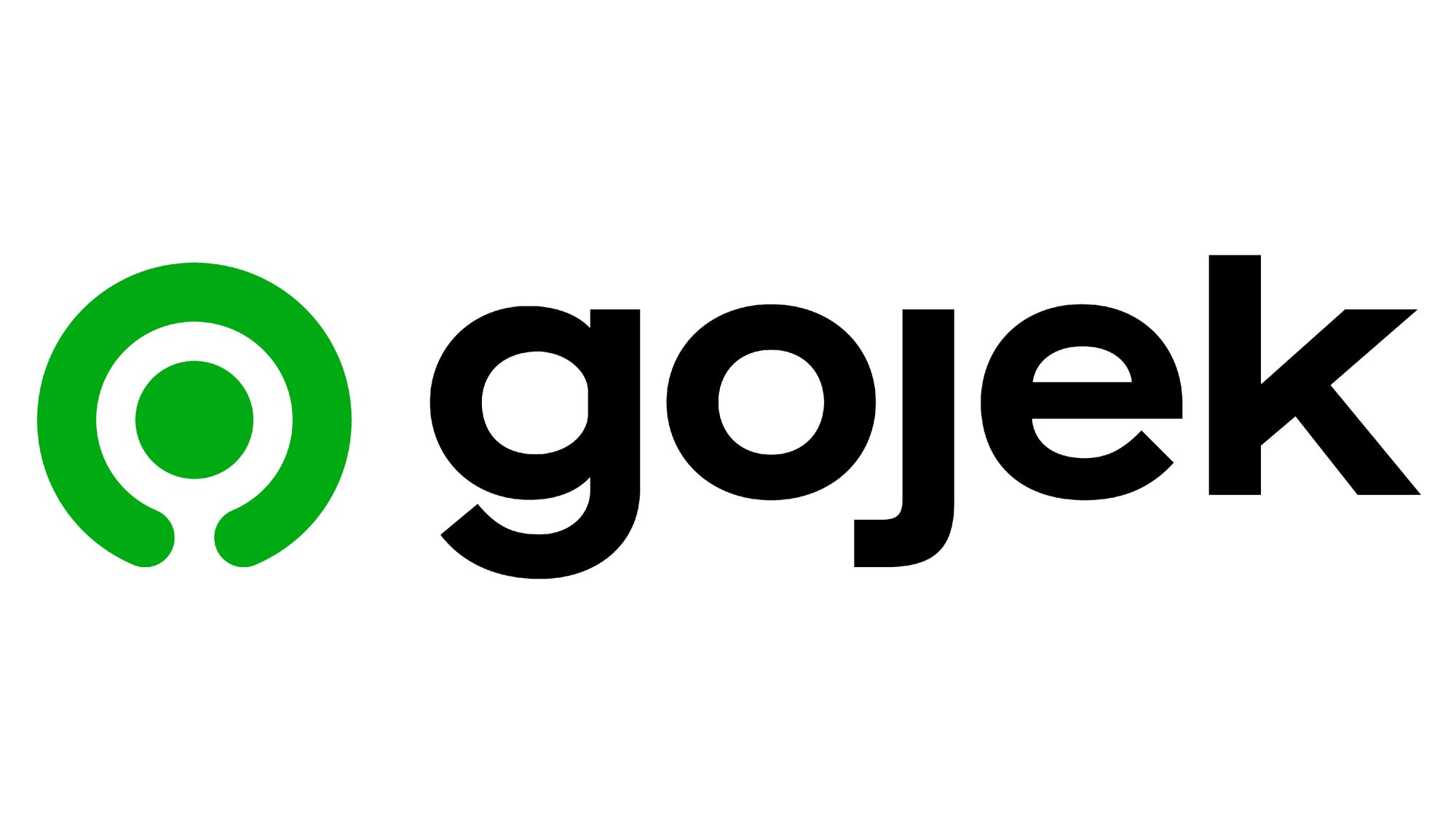SINGAPORE: Most Asean equity fund managers are cautious about putting money in new economy companies that have sprouted in South-East Asia from changing consumer behaviour as a result of digitalisation.
Portfolios today are still dominated by well-established, money-making old economy stocks of banks, industrial conglomerates and telecommunications providers instead of younger companies in e-Commerce, digital entertainment and online ride-hailing.

A few fund managers have capitalised on early investments in such stocks like Sea, Grab and GoTo Gojek Tokopedia, but most have opted for a more conservative approach, avoiding these high-risk sectors altogether, said analyst Hunter Beaudoin at Morningstar Manager Research Services Asia.
These nascent firms offer much higher growth prospects and access to innovative technologies than their traditional rivals in the region, but their risks cannot be overlooked, the analyst said.
“Most of them are not yet profitable, or are companies that have just turned profitable.
“These types of companies’ future shareholder returns can be uncertain as the long-term viability of their business models remains unproven,” Beaudoin said.
In the second quarter ended June 30, GoTo, Indonesia’s biggest tech company, remained in the red with an underlying loss of 70 billion rupiah.
Etta Putra, a Maybank analyst, said operating loss caused by high discounts and marketing expenses is a structural risk for GoTo.
Singapore-based Grab has also continued to bleed with a loss of US$53mil in the quarter ended June 30.
Sea, another Singapore-headquartered firm, which owns e-Commerce platform Shopee, beat its rivals to profitability after posting a net income of US$163mil in 2023, from a loss of US$1.66bil in 2022.
For the three months ended June 30, Sea reported a net income of US$79.9mil, but it said it “wasn’t all smooth sailing” as that was 75.9% down from the US$331mil generated in the second quarter of 2023.
Financial house PhillipCapital warned that Sea’s short-term growth remains challenged by keen rivalry, which means high costs will persist to maintain sales and market share.
The difficulty in valuing these companies, due to a limited or lack of track record for growth projections, is also keeping interest at bay.
They are often valued based on sales, earnings before interest, tax, depreciation and amortisation, or operating metrics such as gross merchandise value for e-Commerce companies.
These do not necessarily translate to profits for shareholders and can incorporate high expectations, which make overvaluations more likely, Beaudoin said.
The industries they serve are also competitive and susceptible to fluctuations in the economy, which could result in wide price swings.
Such volatility was seen in Sea’s stock price, which soared over 2,000% from its initial public offering (IPO) at US$15 in October 2017 to an all-time high of about US$367 in October 2021.
Sea saw an intense rally in its stock price at the start of the Covid-19 pandemic, which pushed it to overtake banking giant DBS Bank as the largest listed Asean company from May 2020 to the end of February 2022.
The gains were fuelled by a combination of low interest rates and pandemic-induced demand for its three main business units: mobile gaming through subsidiary Garena, e-Commerce on Shopee and digital financial services via SeaMoney.
On Tuesday, Sea was trading at around US$95 on the New York Stock Exchange. — The Straits Times/ANN






